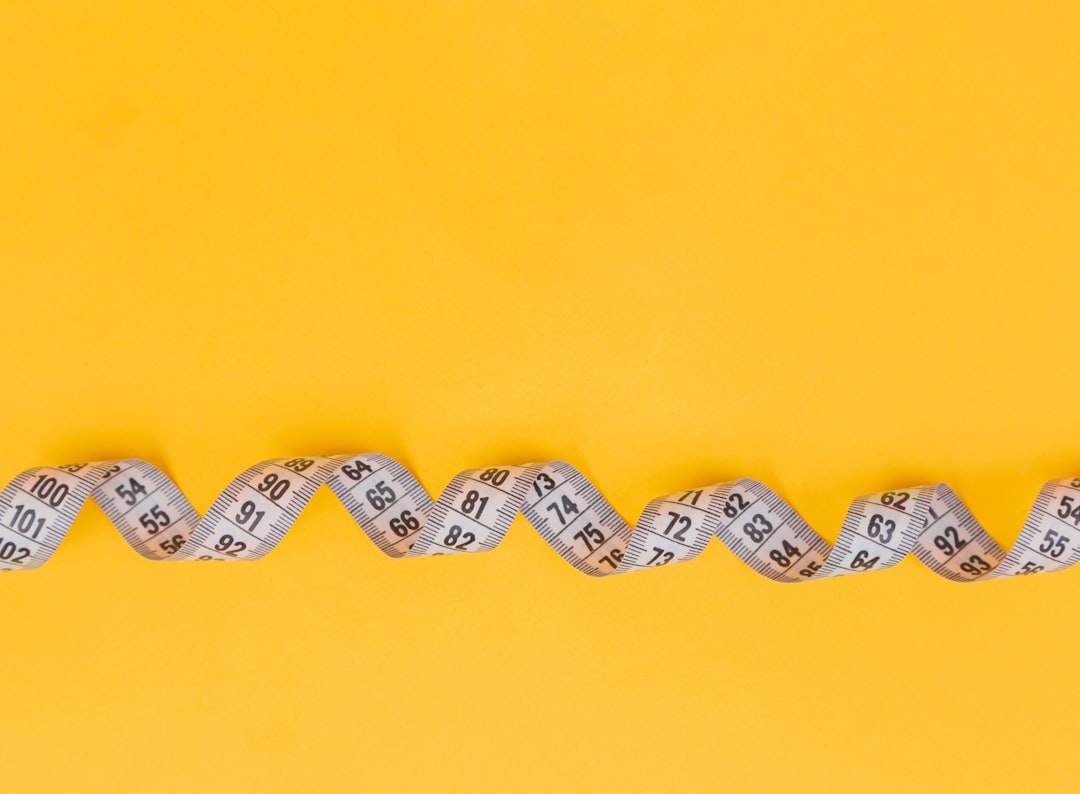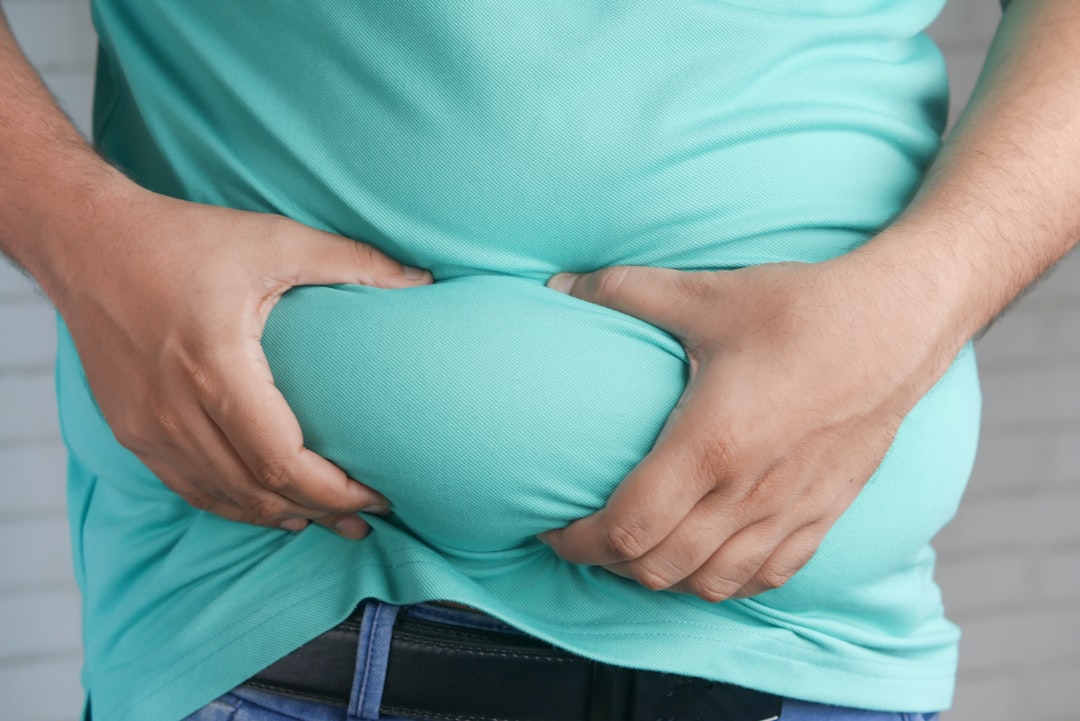Demystifying Fat Loss aka Fat Loss 101
Uncover the Basics, Different Fat Types, and No-Exercise Weight Loss Strategies
Fat Loss 101
Embarking on a fat loss journey can often seem like navigating a labyrinth full of myths and misconceptions, but it doesn't have to be! Welcome to Fat Loss 101, your comprehensive and basic guide to understanding and successfully managing fat loss.
I am not going to dive deep into the science - that won't be a 101 post. I want to explain some fundamentals that will help you understand fat loss better and for you to develop your own heuristics when you face a choice.
With my guidance, achieving your health goals won't be a strenuous uphill battle, but rather an enlightening, empowering experience. Let's embark on this journey towards a healthier you, together!
Fat loss versus weight loss
An important piece of semantics is that you (and I) want to lose non-functional weight. All of us carry some excess weight. Men tend to carry this around their belly while women tend to carry this around their hips and thighs. That's how the body is designed.
When you generically say "weight loss", you want the number on the weighing scale to go down. But that's not as relevant to your health. I understand that the number might be an important factor for you and I am not demeaning that at all. But having that number go down is not enough of an indicator for your long-term health. And I am all about your long-term health.
When you start a diet (any diet), you might see some immediate drop in the scale. What tends to happen is you lose some excess water, especially because you are eating less carbs and sugars. And when we tend to do some dramatic dieting, the body indiscriminately burns muscle tissue - which again registers as weight loss on the scale. Burning muscle tissue is worse than slapping yourself in the face.
So, what you want and need is fat loss. Not weight loss. While measuring your body fat percentage is how you figure this out, a great proxy is your waist.

Fat loss takes time
It will not happen immediately. Yes, you want to see quick results. But as I said earlier, you might see weight loss. But to achieve fat loss, it takes a few weeks at least.
First, let's know the different kinds of fat:
Subcutaneous fat i.e. the fat stored right beneath your skin. This is the fat you want to lose. But this is NOT the biggest problem, to be honest. After getting your waist-height ratio under 0.5, you can not worry too much about this.
Visceral fat i.e. the fat around your organs. This is the DANGER fat and what all of us should be working on at the start. But I know you want to look better, and well, burning some of the subcutaneous fat will mean you are on the right track metabolically, so that's fine.
Non-alcoholic Fatty Liver Disease, for example, is what happens when we have too much fat around our liver.Essential fat - the brain, the marrow, our cell membranes - is well, essential.
So, remember, all fat is not bad. The fat you want to get rid of is NOT the real danger. We want to get rid of #2 and losing #1 along the way is a great side-effect (for aesthetics.) And of course, losing non-functional weight (to an extent) means daily activities are easier and our calorie requirement reduces.

So, back to why fat loss takes time. The fact that you've accumulated fat around your organs means there's a problem going on metabolically. And that's what we need to correct. We need to solve that problem, start burning our visceral fat, and get healthier. As we do that, the excess fat stored in the subcutaneous area will also start to be used up.
The issue is this: we are eating too many calories. And while reducing calories is a great first step, we have many smaller issues metabolically speaking. Fixing them is going to take time.
But I want to get rid of that fat around my belly alone
I understand. Once again, let me remind you that is not the worst thing in the world (fat around your organ is.)
Second, fat loss happens in sheets/layers. You cannot target one specific area for fat loss. It is a full-body process. You do the right actions and your body realises that it can start using the stored fuel (fat) for its processes. And so, it starts to utilise non-essential fats for this purpose.
While the biggest area of fat storage is the belly/thigh/hips, you will find that you have subcutaneous fats in various places. For example, on your back. That's why the waist is a useful proxy as more fat is stored here.
Low-intensity exercise
Why does low-intensity exercise matter? Shouldn't we do high-intensity (HIIT) and hit this stuff harder?
High-intensity exercise uses glucose as the fuel. All the food we eat is converted into glucose. The excess foods (carbs or dietary fats) are converted into body fat and stored for later purposes. Protein is used for the body's structural work that is always ongoing.
So, while HIIT might burn "more" calories per minute, what you are looking for is to signal to the body to start using the stored fats for energy. To do that, we need to fix the underlying metabolic issues going on and also not work in the "burn glucose" zone. Brisk walking, for example, is a great idea. I'll write a post about cardio exercise and Zone-2 cardio soon.
Can we lose fat without exercise?
You can. Fat loss is about:
ensuring you are not consuming more energy than you need. That is being in a mild to moderate calorie deficit.
ensuring you are sleeping enough. Without sleep, your body is going to be in a stressed-out mode and not be in the mood to give up its stored fat.
ensuring your stress levels are under control.
quality of nutrition. While quantity is important, so is quality. The foods you eat are how you are going to fix the underlying metabolic systems.
Simply put,
sleep at least 7 hours every night. If you want to learn how to fall asleep faster, here you go.
don't be stressed out - if you are working 50+ hour weeks, you are probably stressed out whether you realise it or not.
A substantial portion of your diet should be vegetables. They are high in fibre, high in nutrients.
get "adequate" protein from whatever sources you consume. Adequate is a vague term but I am not going to go deeper than that in this post.
Dietary fat does not make you fat. So, do consume some good fats. Again, not going to dive deeper into this.
Then what's the big deal about exercise?
A few things:
Strength training helps you put on muscle. Which improves your metabolic mumbo jumbo significantly. It improves your base metabolic rate i.e. the amount of energy needed to keep the system working.
Good cardiovascular fitness means improved mumbo jumbo, like mitochondrial density etc. This means your body learns to burn its stored fat rather than going to glucose as the go-to.
Exercise burns calories. So, this gives you more breathing room to ensure your calorie intake for the day is less than what you expend.
How many calories do I need?
You can use this tool to calculate. Using me as an example,
my BMR is 1528 calories. This means Basal Metabolic Rate. This is the number of calories that my body needs to keep it going, while I am at rest.
my TDEE is 2368 calories. TDEE means Total Daily Energy Expenditure. This is a sum of our BMR, plus what we spend while doing exercise, what we spend via NEAT (walking about, fidgeting etc) and the thermic effect of food (energy is needed to burn the food you eat.) So, adding up those 4 things gives us TDEE. If you want to lose fat without exercise, you can see how one of these 4 will be zero. So, definitely doable.
To lose 1 kilo of fat means burning 7700 calories. So, it is simple math. If I am burning 2368 calories and want to lose 1 kilo a week, I need to be in a deficit of 7700/7 = 1100/day. That means I need to eat 1268 calories per day. That's too much of a deficit, especially as I don't want to be cranky or tired, and I want to strength train. Going for a much smaller deficit is better. I'll go with 350 calories/day. That means it will take me 20 days to lose 1 kilo. Make sense?
Calorie counting is the way to go?
I am not a fan of calorie counting, for multiple reasons.
Tedious and time-consuming. It takes time and effort to keep logging every meal.
Imperfect. Calories are all approximations and there's way too much going on - how much you absorb for example.
Indian food and calories are even more imperfect. How much daal goes into your meal versus mine versus what the website from where you are getting the calorie information?!?!

But it is a useful tool to understand your baseline. Doing a thorough food log and counting calories for a few days will give you a good idea of where you are starting off.
Next steps
Calculate your TDEE.
Calorie count for 3-4 days.
See what is a reasonable deficit for you.
That will get you started. Post that, eat real food. Be patient.
If you are not seeing enough progress, you might need to (a) eat a bit lesser, (b) improve your activity, (c) be more patient, (d) up your sleep, or (e) tinker around some more with your macronutrients.
And remember, you cannot constantly be on fat loss mode. You go on fat loss mode for a few weeks or months, depending on your bandwidth. Then, you switch to maintenance. And you keep toggling between the two, based on your life, bandwidth and all that.
In future posts, I'd like to talk about what metabolic blah-blahs need work, the blood work related to it so we can measure and identify it and so on.
But actually, what would you like to know better?



